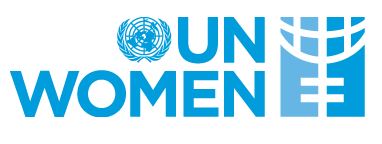
UNWOM
United Nations Entity for Gender Equality and the Empowerment of Women
14.11.2024
Our Activities
Technical
3
Policy & Advocacy
1
4 Total Activities
DPGA members are championing activities that contribute to the discovery, development, use, and investment in digital public goods to accelerate the attainment of the Sustainable Development Goals. Learn how they are making this vision a reality.
